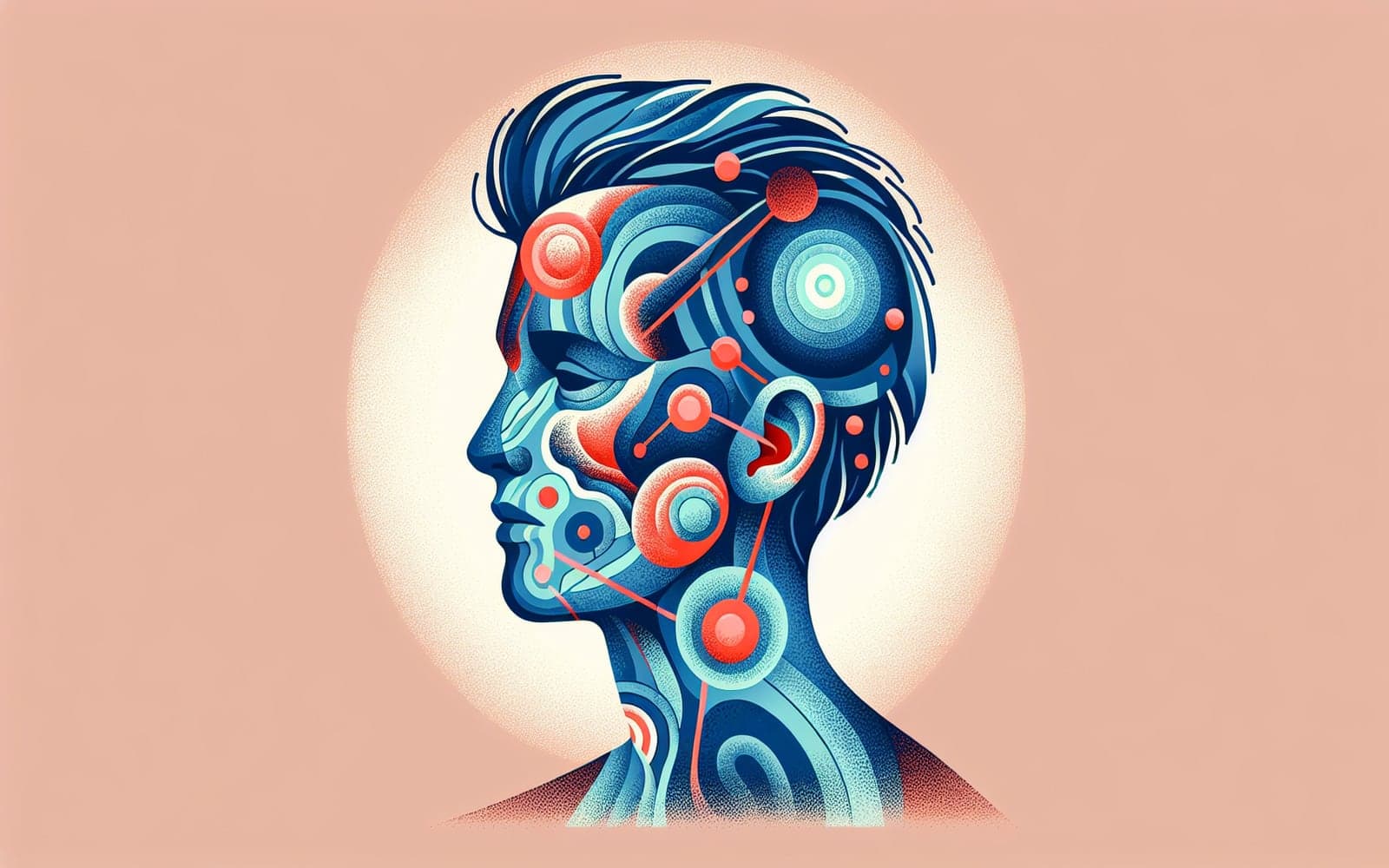The Mystery Unraveled: What Really Causes Chronic Spontaneous Urticaria?
Published: Mar 13, 2024
Chronic spontaneous urticaria (CSU) affects millions, but its exact cause remains elusive. Scientists have several theories about what triggers this persistent skin condition.
Contents
The Autoimmune Connection
One leading theory suggests CSU may be an autoimmune disorder. In this scenario, the immune system mistakenly attacks healthy cells, causing inflammation and hives. About 30-50% of CSU patients have autoantibodies that could trigger this response. This theory is supported by the higher rates of other autoimmune conditions, like thyroid disorders, in CSU patients.
The Mast Cell Mystery
Another theory focuses on mast cells, a type of immune cell in the skin. In CSU, these cells may be more sensitive or numerous than normal. When activated, mast cells release histamine and other chemicals that cause itching and swelling. Some researchers believe a defect in mast cell function or regulation could be behind CSU.

Other Potential Culprits
While less common, other factors have been linked to CSU in some cases. These include chronic infections, food additives, and stress. However, evidence for these triggers is limited and often anecdotal. For most patients, no single cause can be identified, leading doctors to believe CSU may result from a combination of factors.
The Role of Genetics
There's growing interest in the genetic factors that might predispose someone to CSU. While it's not directly inherited, having a family history of autoimmune conditions or chronic hives may increase your risk. Ongoing research is exploring specific genes that might be involved in CSU development.
Frequently Asked Questions
Rarely. True allergies aren't usually the cause.
Stress may trigger flares but isn't the root cause.
No, CSU cannot be spread from person to person.
Diet rarely causes CSU but may influence symptoms.
Not directly, but family history may increase risk.
The Bottom Line
While the exact cause of CSU remains unclear, ongoing research offers hope for better understanding and targeted treatments.
References
- Zuberbier T, et al. Allergy. 2018;73(7):1393-1414.
- Bracken SJ, et al. Front Immunol. 2019;10:627.
- Kolkhir P, et al. Allergy. 2017;72(5):647-657.
This article has been reviewed for accuracy by one of the licensed medical doctors working for Doctronic. Always discuss health information with your healthcare provider.
AI Doctor Visit Required
Appointments available 24/7
15-min consultation. No hidden costs.
AI Doctor Visit Required
For safety reasons we have been forced to end this consultation.
If you believe this is a medical emergency please call 911 or your local emergency services immediately.
If you are experiencing emotional distress, please call the the Suicide & Crisis Lifeline at 988 or your local crisis services immediately.
Contact us
You can also email us at help@doctronic.ai
We aim to reply within 5-7 days
How likely are you to recommend Doctronic to friends or family?


